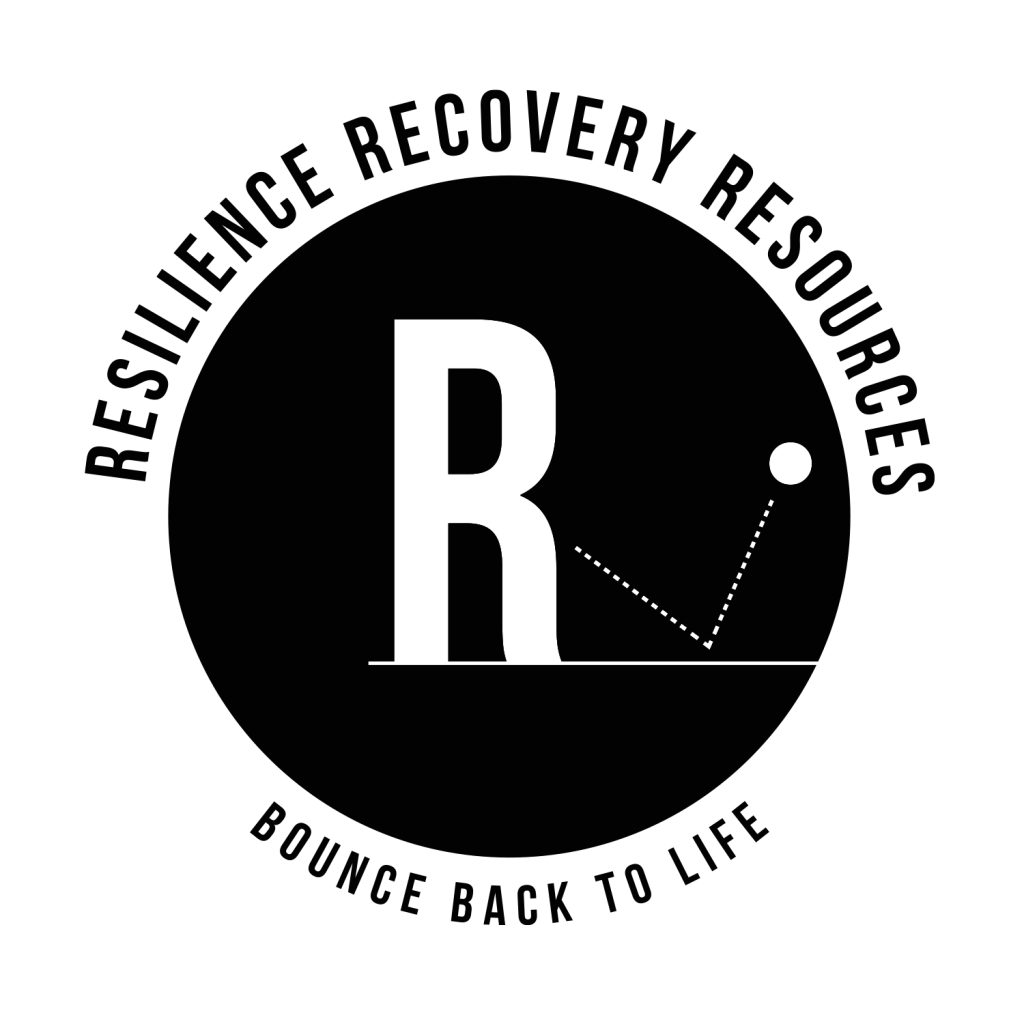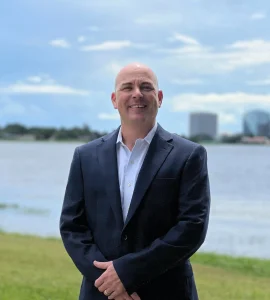Every August 31st, communities worldwide unite to observe International Overdose Awareness Day, a time to remember those lost to overdose, support those in recovery, and work toward ending the stigma surrounding substance abuse. If you notice someone wearing a silver badge, purple lanyard, or purple wristband on this day, they’re likely honoring a loved one affected by this devastating crisis.
The statistics surrounding overdose deaths in America are staggering and demand our immediate attention. According to the Centers for Disease Control and Prevention (CDC), approximately 107,000 Americans died from drug overdoses in 2022 alone. This represents a 5% increase from the previous year, highlighting the urgent need for comprehensive addiction treatment and prevention efforts.
Breaking Down the Numbers
The overdose epidemic affects every demographic and geographic area:
- Over 290 people die daily from overdoses in the United States
- Fentanyl has become the leading cause of overdose deaths among Americans aged 18-45
- Overdose deaths have increased across all age groups, with particularly concerning trends among young adults and adolescents
Understanding Who’s Affected
One of the most dangerous misconceptions about addiction is the belief that “it won’t happen to me.” The reality is that addiction doesn’t discriminate. According to research from the National Institute on Drug Abuse (NIDA), addiction affects people from all socioeconomic backgrounds, races, and communities.
Studies show that substance use patterns vary across different demographics:
- Higher-income individuals report higher rates of alcohol consumption
- Heroin use in suburban areas has increased by 45%
- Prescription opioid misuse often serves as a gateway to illicit drug use
The Prescription Opioid Connection
A significant portion of today’s overdose crisis stems from prescription medications. Since 1999, over 200,000 Americans have died from prescription opioid overdoses, according to the CDC’s National Vital Statistics System. In recent years, healthcare providers wrote millions of opioid prescriptions annually, contributing to widespread dependency.
When individuals become dependent on prescription opioids, they may turn to illegal substances when their prescriptions are no longer available. This transition from prescription drugs to street drugs like heroin and fentanyl has created a complex public health crisis requiring comprehensive treatment approaches.
Addressing the Treatment Gap
While various resources exist to help those struggling with addiction—including 12-step programs, rehabilitation centers, and counseling services—significant gaps remain in our treatment infrastructure. Many individuals face barriers to accessing care, including:
- Limited insurance coverage for long-term treatment
- Insufficient availability of medication-assisted treatment
- Lack of integrated co-occurring disorder treatment
- Stigma preventing individuals from seeking help
Mental Health and Overdose Risk
The relationship between mental health conditions and substance use disorders is well-documented. Conditions like depression, anxiety, and trauma significantly increase overdose risk. The National Institute of Mental Health reports that individuals with mental health disorders are more likely to experience substance use disorders and vice versa.
Changing the Narrative: From Stigma to Support
Overdose Awareness Day serves as a crucial reminder that individuals struggling with addiction are not morally deficient—they are people battling a complex medical condition. As the recovery community often emphasizes: “They are sick people trying to get well.” They are our family members, friends, colleagues, and neighbors.
The day provides an opportunity to:
- Honor the memory of those lost to overdose
- Support individuals in recovery
- Educate communities about addiction as a treatable medical condition
- Advocate for evidence-based treatment policies
Hope Through Treatment and Recovery
Despite the severity of the overdose crisis, recovery is possible. Modern addiction treatment programs offer comprehensive approaches that address both the physical and psychological aspects of addiction. Effective treatment typically includes:
- Medical detoxification when necessary
- Individual and group therapy
- Trauma-informed care
- Family involvement and support
- Aftercare planning and sober living support
Getting Help in West Palm Beach
For families in South Florida seeking support, Resilience Recovery Resources provides specialized addiction treatment for adolescents and young adults. Our programs include Partial Hospitalization (PHP) and Intensive Outpatient (IOP) services designed to meet the unique needs of young people in recovery.
Moving Forward Together
Overdose Awareness Day reminds us that ending the overdose crisis requires collective action. This includes supporting evidence-based treatment, advocating for policy changes, and fostering communities that embrace recovery rather than perpetuate stigma.
If you or someone you know is struggling with substance use, help is available. The SAMHSA National Helpline provides 24/7 support at 1-800-662-4357.
For more information about our programs and how we can support your family’s journey to recovery, contact Resilience Recovery Resources at 561-566-5480.
For additional resources and information about Overdose Awareness Day, visit www.overdoseday.com.
Sources:




